[WE 128] Adoption: the relationship between affection, regulations, and morals
Larry Ellison, a first-generation technology entrepreneur from Silicon Valley, USA, was awarded the first project to build a database for the US intelligence agency, CIA, in 1977. His success in the field of technology puts his company, Oracle, at a turnover of US$ 38.3 billion or around Rp 497 trillion. But who would have thought, behind his success, he was upset to find out that he was an adopted child. Then we move on to the story of Martunis, who is famous for wearing a Portuguese national team shirt. He was tossed around in the ocean by the Tsunami on December 26, 2004. In short, Cristiano Ronaldo adopted him and financed his education and soccer career.
We can say that the two stories above are stories of happiness for adopted children. However, these sorrows are not comparable to the suffering of adopted children who are often abused and have no protection because of weak supervision and regulations. In line with what Mr. @galenkp said in Week 128 Weekend-Engagement concept what if you face that situation? My approach to this challenge was slightly different. As far as I'm concerned, different is fine because there will be a completely different paradigm, which will improve the dynamics of the challenge.
Prior to writing this article, I wanted to convey some information about the situation. In 2000, I was almost adopted by someone else. She never married in her life and was all alone. In his old age, he wanted to make me his adopted son. My parents, however, forbade me from doing that. In my opinion, this prohibition was very reasonable, because by making me an adopted son, there would be responsibility.
As an adoptive parent, she had to take on the responsibility of providing for me and protecting me. That was no longer possible for her to do because of her old age. If I became her adopted daughter, it would also create an obligation on me to be able to take care of her old age. I was unable to do so at the time. These two things eventually led me to choose not to become his adopted daughter and he accepted my opinion. In my opinion, every bond creates rights and obligations. So when you are not able to be in that bond, then you don't have to take on the obligations of that bond.
So, if the two stories above and one of mine can be interpreted as facts that happened then my conclusion is that child adoption is a cultural and moral thing that has legal provisions. To be effective, a bond must have legal certainty and guarantees, otherwise, it may be a cause for violation. That is what happens in many cases of violence against adopted children who are not protected by regulations. Well, this is in line with what is meant in the first directive about what to do if you accidentally discover you are an adoptee.
This question should not be translated textually; I think we should move beyond that. In a situation like this, the adoption of a child cannot necessarily be done by accident. You do not consciously know that you are adopted. Your adoptive parents should also not unknowingly adopt you. There must be protection for both the adoptee child and the adoptive parents so that oversight of the bond does not give rise to these sad stories. It's better to protect them for their good intentions in adoption than to have to provide them later with treatment and punishment for having good intentions in adoption but being violated.
What if that happens?
In the guide, it asks "What if you find out that your biological parents are not your parents?" In this context, I would like to point out that this is about adoption itself. So what should be done? It seems like this context wants to be about choices and attitudes. But I understand otherwise. You don't have a choice here, you just have to follow the rules of adoption.
In the reality of today's life, the issue of adoption almost certainly does not happen suddenly. It follows the procedures that have been established in each country with specific rules. There are definitely rules about adoption. As far as I know, all countries set strict regulations on adoption, even though these regulations do not extend as far as to regulate human feelings and nature.
Reflecting on the story of Larry Ellison and Martunis above, the issue of child adoption is not an arbitrary legal act. Instead, there are several things that must be fulfilled. Adoptive parents have a lot of obligations and duties imposed on them if they do not want the adoption to be canceled by the state. Similarly, adopted children have rights and obligations to their adoptive parents. So there is no opportunity to commit fraud and violations of adoption. Even if Larry Ellison and Martuni die, the adoptive parents will get what they are entitled to. In addition, the death of parents will have legal consequences for their adopted children. So, that's just one thing that makes me believe that there is no choice in this adoption but to carry out what has been established as a result of the legal relationship.
How about your biological parents? That's what I mentioned at the beginning, that adoption regulations do not touch on the feelings and nature of humans. It is natural for an adopted child to feel a desire and change of feelings when discovering that he/she is adopted. Likewise, adoptive parents naturally want to continue to introduce the adoptive child to his biological parents. This is where legal flexibility comes into play. When that happens, the law cannot stem the tears of happiness and sadness. If there is no law stopping adoption, adoptive parents are able to return the child to his biological parents. In addition, biological parents are able to continue offering adoption alternatives. In addition, the child is given a wide range of options to determine what type of adoption is appropriate for him. Making both of them his parents is also acceptable.
In conclusion, the law of adoption is firmly established as long as legal certainty and legal guarantees of adoption are in place. However, at the same time, the law can be very responsive to changes in adoption if there is a reasonable agreement and it is beneficial for everyone.
If you knew that your current parents were not your biological parents, would it affect your life if you knew the truth? This question was asked by @galenkp. The interpretation of the text may stop this post from developing to some extent because I'm still trying to understand its context.
It's true that I pointed out in the previous paragraph that the positive image of adoption inspired efforts and actions. This is so that we can give affection to others no matter who they are. This act of channeling affection may stop for two reasons. First, the parents have seen that their adopted child is independent and does not need help. Both parties must agree and take action to legalize this cessation. Second, because of death. The death of the adoptive parents or the death of the adopted child will directly terminate the reciprocal relationship. Thus, the continuation of the relationship between the adoptive parents and the adopted child is largely determined by the person making the relationship.
In the event that there is any influence on the relationship, it must occur and must be felt. Many years of child adoption have inevitably led to strong emotional bonds. Larry Allison felt that way when he was older. Occasionally, we also have very strong emotional bonds with our pet cats, as well as with our fellow humans.
So my conclusion is that adoptive parents are a symbol of people with big hearts who want to always devote themselves to being able to give love and affection to others, biological parents are a symbol of the strength of relationships that will never die, adopted children are a symbol of the choice of self-devotion to the people we care about.
My mind can't imagine facing a situation that never happened to me, so I'm just trying to find the bright side to this adoption and provide a new paradigm. But I salute those who have written thoughtful articles about the facts if it really happened. I salute the choice made by @justbabybee to deal with that difficult situation. Thank you.
Thank you for stopping by my blog, I hope for some corrections from you for being good content makers in the future, please feel free to comment below. This is my #originalcontent in Weekend Experiences. God bless us
| My warmest regard | : @elchaleefatoe15 >>> about me |
|---|---|
| Camera Resource | : Canon 800D |
| Location | : Aceh, Indonesia |
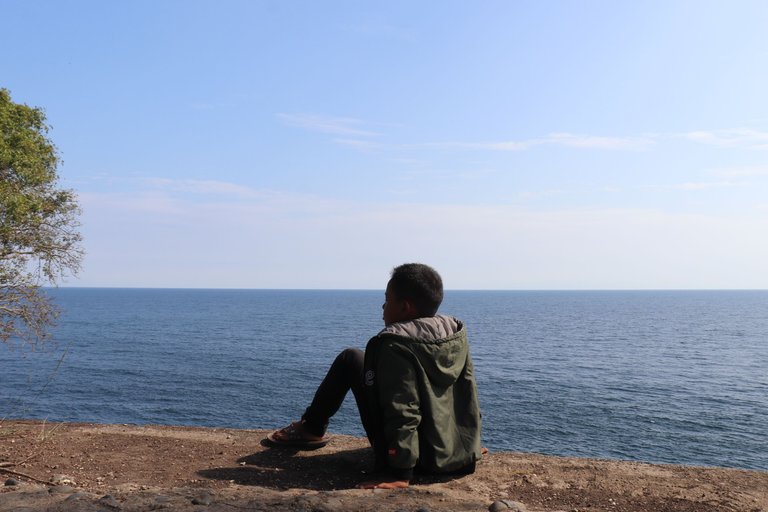
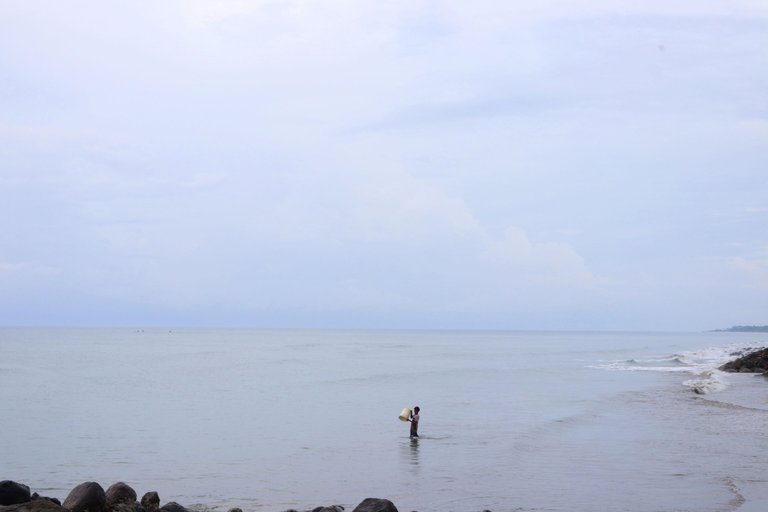


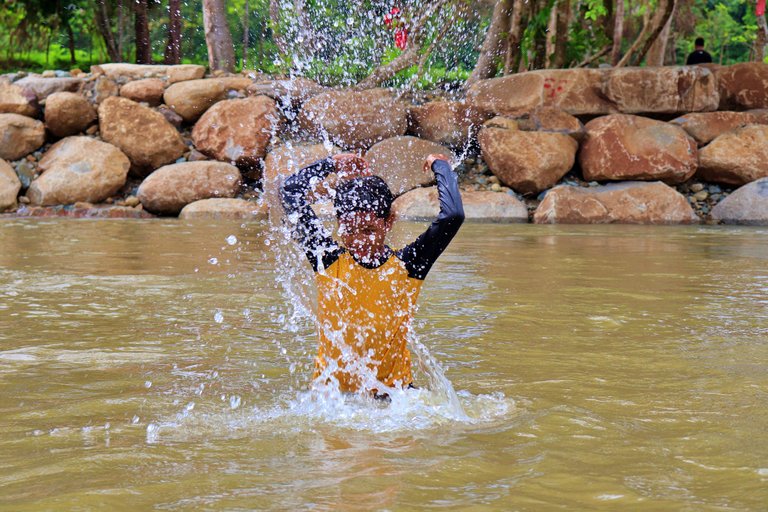
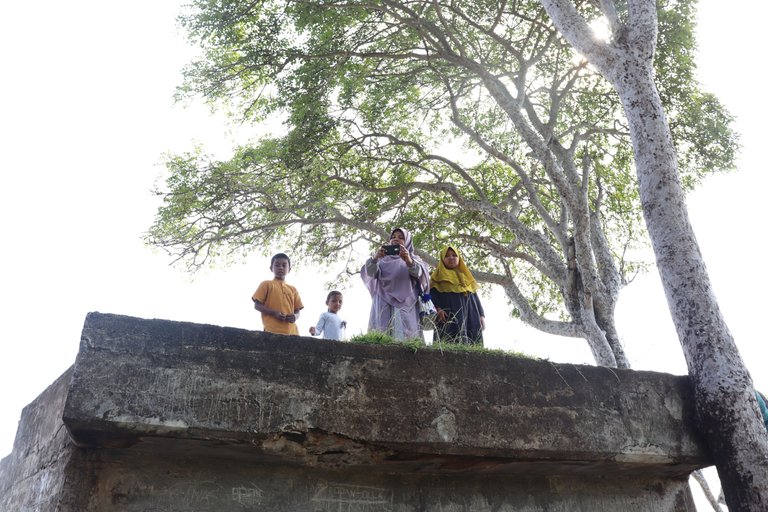

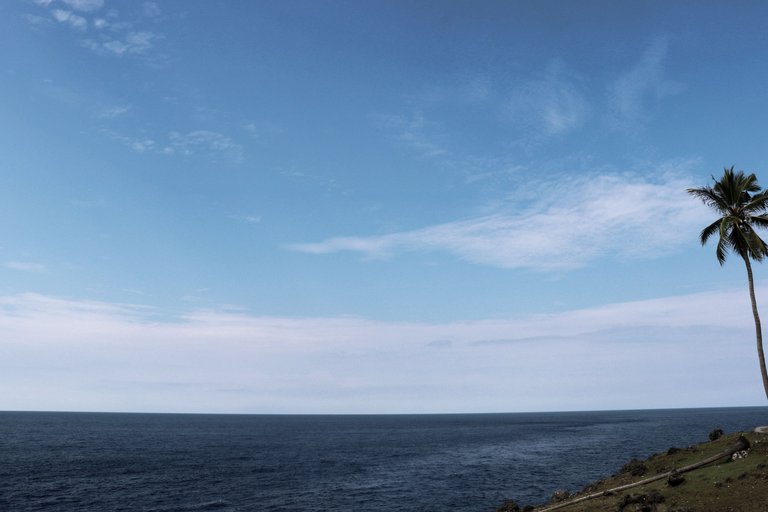
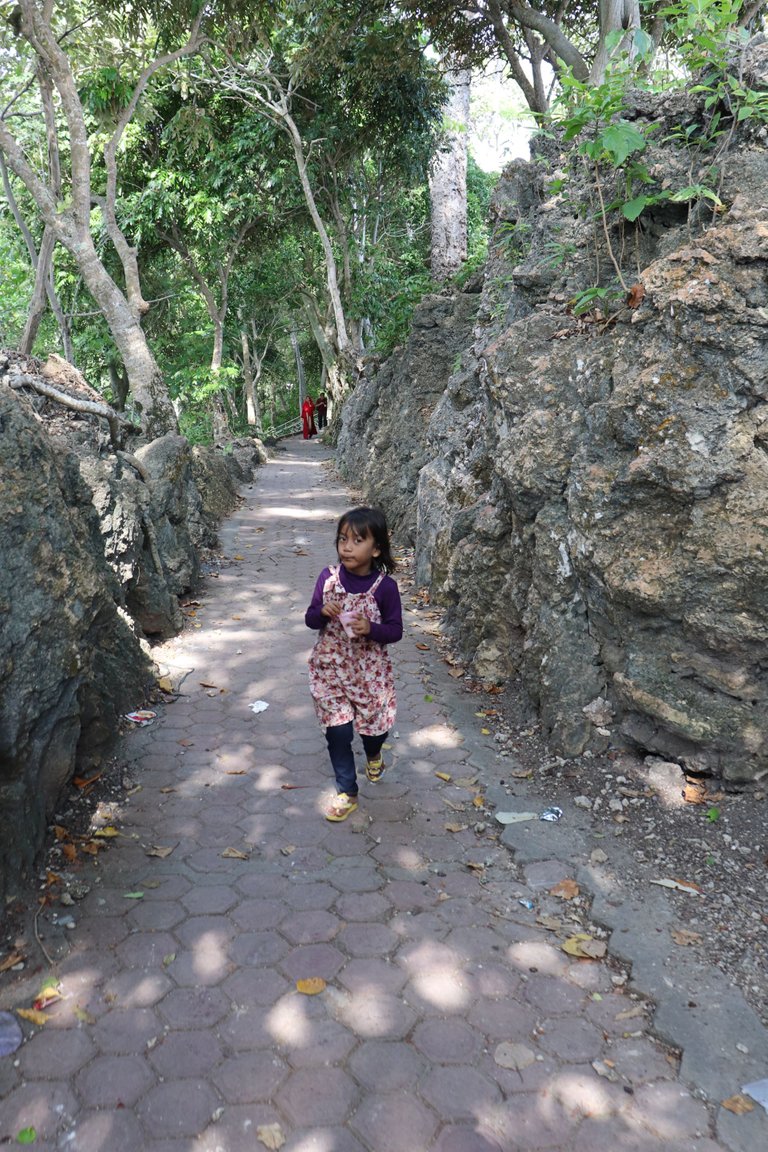
Hi @elchaleefatoe15 . Your post is interesting. You give us a tour, by the multiple edges and scenarios involving adoption. You are very right, adoption if we analyze it in a broad context is a complex phenomenon that involves economic, family, human, legal and other aspects. It requires analyzing multiple aspects that must be considered.
I really like your photographs, they have presence and good focus. Thank you I traveled with you to Indonesia. Good writing with wonderful photographs, powerful combination, good work, congratulations.
Until another sharing.
Happy week to you and yours.
Hello @marilour. Thank you for taking the time to read my post. Due to an error in calculating time, this post was not categorized because it was closed. By the way, what you said was far more profound than what I said. Adoption is an international issue with different rules. The point is that a kind person, with honest intentions, wants to do good, so there must be rules. No matter how free we are, feelings of goodwill that are not managed properly can lead to terrible things. Well, that photo doesn't relate to my discussion, but it's as wide as the sea when it comes to adoption. Blesing
Well-being and blessings to you🙏😊
Yay! 🤗
Your content has been boosted with Ecency Points, by @yusrancag-21.
Use Ecency daily to boost your growth on platform!
Support Ecency
Vote for new Proposal
Delegate HP and earn more